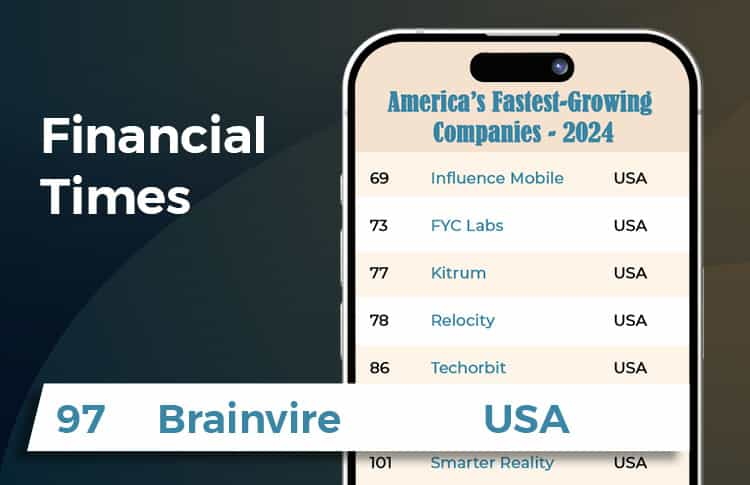ALM and TFS Integration
Brainvire’s ALM and TFS Integration
Application Lifecycle Management (ALM) can support top management to provide ease and perfection in delivering a timeline-driven application. ALM closely tracks and manages all app lifecycle phases such as requirement identification, application design, development, QA, implementation, and finally maintenance and support. Team Foundation Server is a separate ALM tool that supports everyone involved in the life cycle of applications, including developers, QA professionals, tech architects, project managers, system analysts, and support teams. It offers version control, system development, resources, and metrics needed for project management and organization.
A Glance at Brainvire’s ALM Integration Solutions
Requirements Management
We log, evaluate, track, and set goals for project architecture requirements and design. Our experienced Product managers begin by creating a requirement in the TFS and adding a screenshot which includes customers’ contact information.Project Management
Tasks are planned, organized, and managed to accomplish the project before the deadline. Once the development team receives the requirements, our experts will plan and start working on it.Change Management
This area covers different phases including requesting, preparing, executing, and assessing the project details. The requirement synchronizes with ALM / QC, as well.Build And Release Management
This step ensures the process of development to achieve the product release agreed upon. The QA team produces test cases against the requirement and ties them with the requirement.Software Testing
This is an essential component that ensures software quality according to the specifications and potential possibilities. Once the development team completes work on it, the status of requirements in TFS will be changed to closed.Issue And Bug Management
If the test cases fail, the QA team must examine the problem and report a 'defect' in the ALM/QC, which must restore requirement status in the TFS. Every issue and bugs are recorded and corrected to ensure that the software operates seamlessly.
Benefits Of Integrating ALM And TFS
Real-Time Updates
Both the users can get real-time news notifications about related changes and enhancements. All links to business needs, progress status, and related updates within the ALM will be visible.No Manual Efforts
There is no need for manual efforts to keep the backend teams updated with the constant reporting on the QA cycle. Plus, there is no duplication of efforts to reach the same data in different systems.Clear Visibility For Informed Decision-Making
Users receive clear visibility into quality metrics, QA schedule, test events, and test results at every stage of the project. There is no relying on manual contact for decision making.
Stages of ALM
The Application Lifecycle Management (ALM) cycle consists of 5 stages that define the process of app development right from planning to testing and launch.
- Defining requirements
- Developing the product
- Testing and quality assurance
- Deployment
- Continuous maintenance and improvement of the product
93%
customer-driven innovation
98%
customer retention rate
25+
years of experience
Why Choose Brainvire’s ALM And TFS Integration
Increased Visibility Into Workflow
The integration provides greater visibility into work item tracking, enabling teams to check workflows.Enhanced Compliance
Organizations can rest assured of having their systems fully compliant with standardized processes and guidelines.Faster Deployments
You can deploy your applications faster and smoother with ALM and TFS integration.Higher-Quality Products
With our ALM services, enterprises can develop high-performing applications that fit the current environment perfectly.
Insights Blogs
Brainvire Recognized in Financial Times’ 2024 List...
Brainvire is proud to be included in the Financial Times’ 2024 list of America’s fastest-growing com...Role of Generative AI in Shaping the Future of Hea...
As per Statista, the artificial intelligence (AI) healthcare market,...Generative AI in eCommerce: Transforming the Onlin...
Have you ever wondered how big brands like Amazon and Netflix come u...


